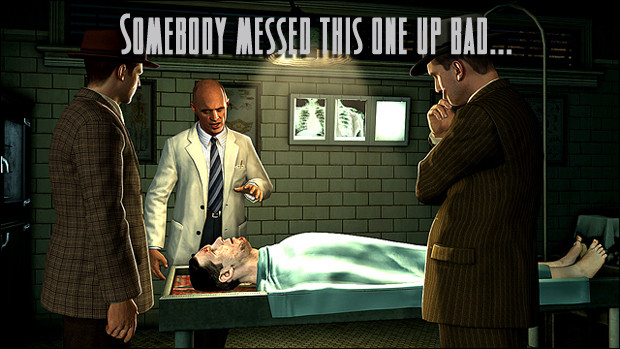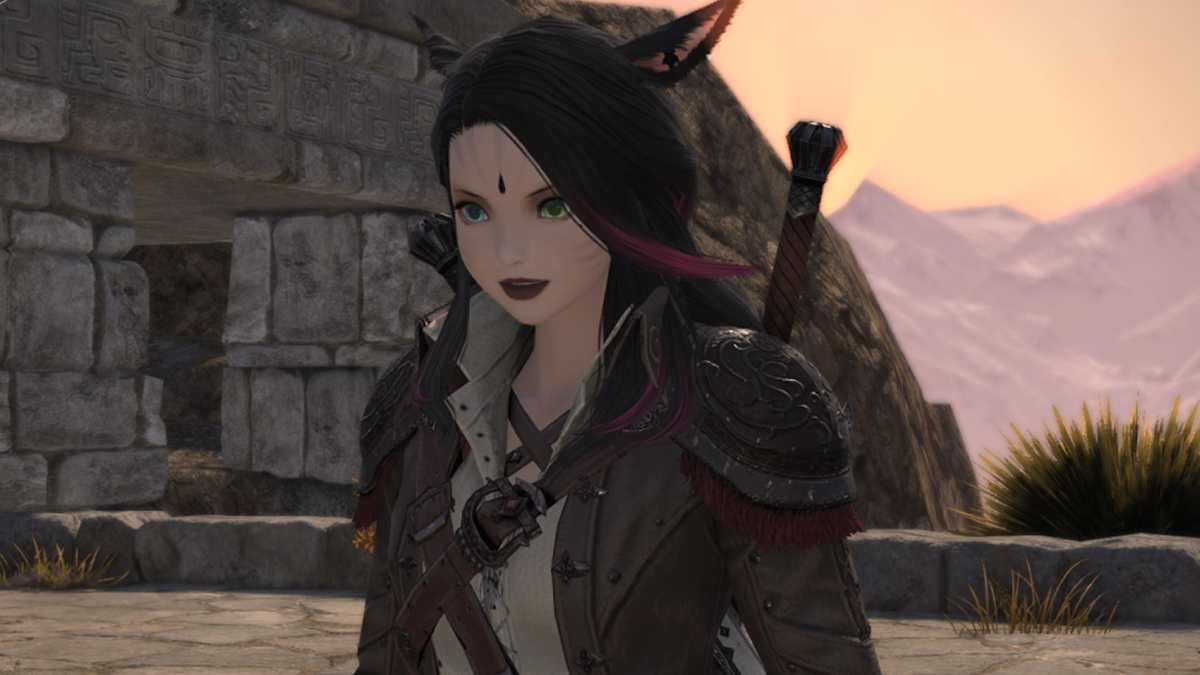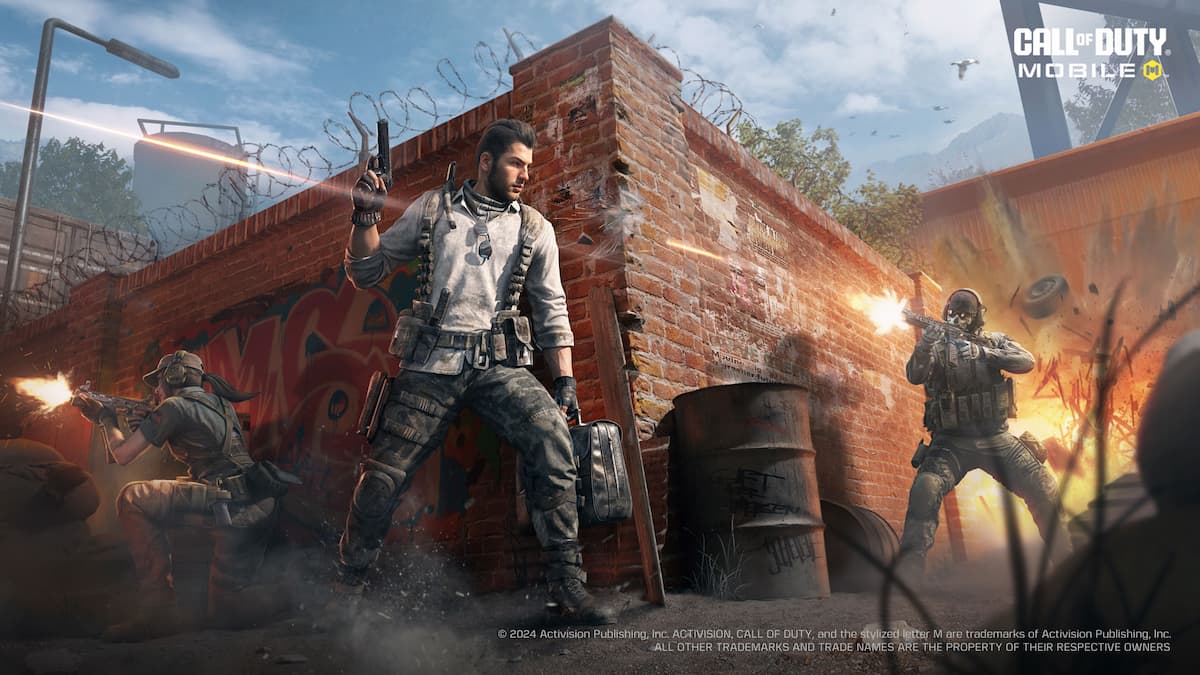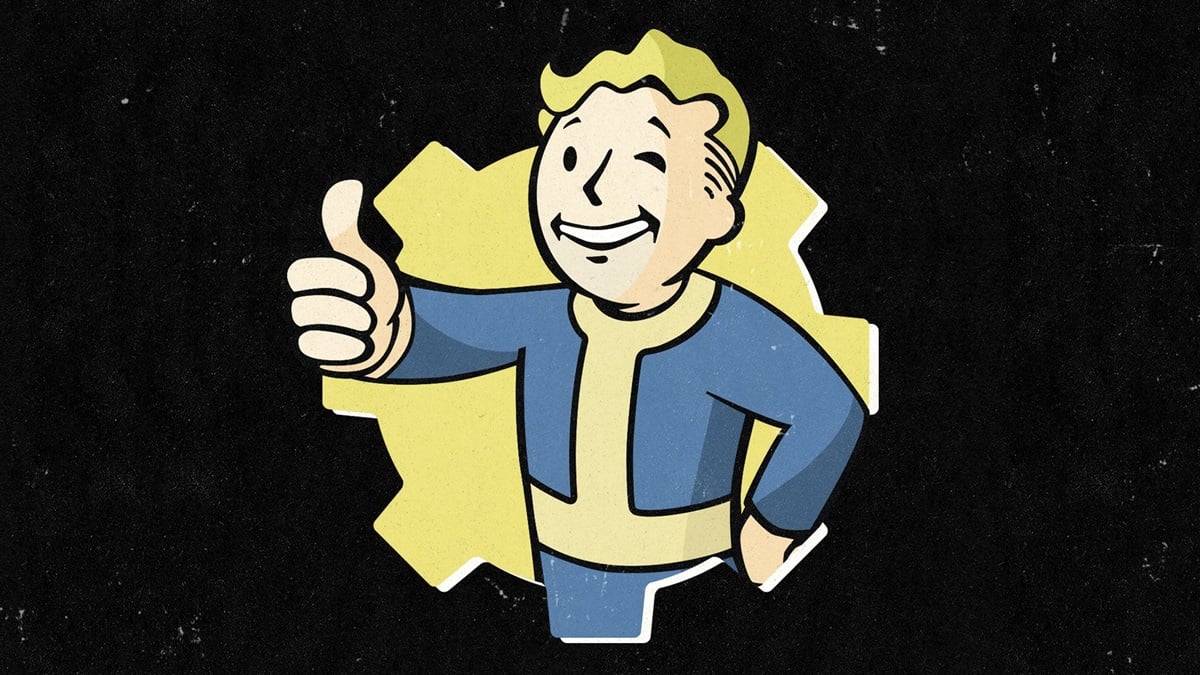[For his Bloggers Wanted essay response, Wrenchfarm explains how L.A. Noire disappointed him, then details how he’d go about fixing it. Want to see your own words appear on the front page? Get writing! –Mr Andy Dixon]
I don’t think there were many people as excited for L.A. Noire as I was.
As a long-time enthusiast of fedoras, hard-nosed detectives, and smokey jazz clubs, L.A. Noire looked like a game custom-made to my tastes. A game that would let players fully assume the role of a detective, challenging their investigative instincts as much as their trigger finger.
I followed the game’s development from the first moody teaser trailer way back in 2006. I stuck with it through the long periods of radio silence in the early development phase, then later through the endless series of featurettes and developer interviews, dripped out to keep interest going during the game’s long and troubled production. I was excited to the day I took it home from the store.
I booted it up, put on my detective face, and after a few short hours I felt those years of anticipation and enthusiasm die. The bright-eyed thrill of playing as a detective quickly withered as I trudged through the first disk in a vaguely frustrated state. This is what I’d been waiting for?
As the cases progressed I cared less and less; it was all just so disappointing. About half-way through the Homicide desk I hit the eject button and turned in my badge and gun for good, my career with the LAPD officially over. To me, L.A. Noire was the most disappointing video game of this console generation.
So what went wrong? Well, let’s play a different detective game: a postmortem of why L.A. Noire was such a let-down. The culprits that killed the game for me, and a few ideas that I think could have salvaged or improved it.
COLE PHELPS IS AN UNLIKEABLE JACKASS

The most glaring problem right from the start of the game is none other than the protagonist, Cole Phelps.
Cole Phelps is a weird police-robot. Aloof, cold, and filled with unlikable and unappealing character traits, he doesn’t do a single thing to make you care what happens to him. In the first few missions, as you get to know Cole, you find out he is a kiss-ass rank climber with a chip on his shoulder and little else to make him interesting. We never see Cole outside of his role as a stoic professional and even the flashbacks to his military days just seem to reinforce more of the same. Cole is a self-interested tattletale snitch and that’s it.
The rest of the cast doesn’t do him any favours by being much more interesting in comparison. Cole doesn’t want to chat, joke, or discuss anything other than the crime currently in question, but his buddies have loads of personality. Sneering smart mouths, drunken burn-outs, and slimy rats, they establish way more presence than the main character.
Early on the game teases that Cole has an interesting past in the military but he won’t talk about it. His partners try to engage him in jokes or ribbing and he just shuts them down with a “mind on the case” mentality. When confronted with crying victims, intimidated witnesses, and disgusting criminals, Cole always stays on the same even keel with almost medical detachment. I think it was supposed to portray him as a consummate professional, but it doesn’t come off that way, at least not soon enough to let the audience develop an emotional connection to Cole.
Maybe they could have made that work for a different character. Maybe it could have been used to paint a picture of a man entirely devoted to justice, a true believer. But they fuck that up. His focus on upward mobility, impressing his superiors, and the early flashbacks to his time as the company toady robs him of that charitable interpretation. He doesn’t seem like an implacable force for justice, he seems like a dull man calculating how best to use L.A.’s victims to propel his career.
Maybe they could have turned it all around. Introduced him as an insufferable jackass at the start and through the course of the game have him gradually open up and become a character you could actually give a shit about. But I’ll never know because they waited too long to pull the trigger on that stuff.
As a genre savvy observer I knew that something interesting MUST have happened during the war. There must be a reason Phelps won’t discuss his service with anyone and seems downright resentful of any accolades he received for it. There has to be a reason he quit the service and joined the police. Kelso has to figure into the current plot for the flashbacks to spend so much time establishing him.
But L.A. Noire just takes too damn long to get around to it. My patience with picking up random objects and putting them back down gave out much earlier than any curiosity about Phelps could sustain it.
How I would fix Phelps.

I’d hurry up and get to the damn point. The saddest thing about my frustration with Cole as a character is it turns out he does get interesting later. Even at the point where I quit the game, he was already developing more personality, squabbling with his drunk of a partner Rusty. His prim and educated approach to crime-fighting foiled comically against Rusty’s “it’s always the husband” slacking.
Later on when you find out about what actually went down during the war, you can sympathize with his discomfort when anyone brings it up. Things start coming together, but they buried the lede so hard that by the time they start springing that stuff, it’s difficult to care.
I’d also show him in some context other than as a cop. One of the reasons that Cole comes off as a weird police robot in the beginning of the game is because we never see him do anything else – and it limits what they can do with him.
His affair with Elsa is supposed to be seen as a fall from grace for Cole. A moment when his vaunted morals fail him and he betrays his family to give into his passion. In theory I like the idea. It shows Phelps as an actual human being. The problem thought was that they barely established he even had a family. A few mentions of the wife and a throw away line or two alluding to children don’t cut it to sell Cole as a family man. The whole “fall from grace” angle doesn’t work because we don’t see what’s at stake for Phelps.
A few scenes with him and his family would have been all it would take to make that whole arc more interesting. Show dinner being interrupted with a call from the station. Have him mention how the late hours are killing him with the kids home. I know it’s cliche, but it’s better than barely mentioning them at all.
EVERYTHING SEEMS LIKE A GLORIFIED MINIGAME

The game feels like a series of vaguely connected mini-games. Investigation, shooting, fight, and chase scenes, they all feel like incomplete and segregated experiences. They each have different controls, different rules, and wildly different tones.
And none of them are very good.
We are supposed to forgive a lot because the game’s focus is on investigation and solving crimes. Alright, so shoot-outs are not up to par with other triple A titles. With a wonky auto-aim and an unpolished cover based system, they aren’t much fun. Fist fights are clunky and few and far between (I remember working a case in Homicide where Cole just stood there and let a suspect beat him unconscious because I had forgotten the needlessly complicated control scheme). Driving is a pain that pits the player against jerky steering, magical A.I acceleration, and an insane L.A. population that have no qualms about stepping into traffic.
It’s a mess – but it’s not supposed to be too big of a problem because all that stuff is just there to break up the investigating and interrogations. But what happens when the investigations aren’t satisfying enough to base a game on?

In fairness, the investigations were my favourite part of the game. I really did enjoy looking around the crime scenes, poking around for evidence, and trying to piece together what happened. They came up with a lot of interesting crimes and some cool settings to explore. But sadly, they just weren’t good enough to warrant trudging through the rest of the game.
A big part of the problem I had with L.A. Noire was that I couldn’t seem to fail a case without going way out of the way to purposely scuttle it. You can miss some evidence, but never anything important. If you did the game would stop you and either not let you leave a scene or send you back later. Removing the possibility of failure really undercut my enjoyment of the game.
I never really felt clever in L.A. Noire, and feeling clever and solving crimes was the big draw of the game for me. Because L.A. Noire wouldn’t let me fail, case work became more of a test of patience than my investigative skills.
I approached the first few cases with a lot of focus and scrutiny because I felt like my effort would make a difference to the outcome of the case. As it became apparent that I couldn’t really miss anything, my interest just fell right off. I kind of lazily drifted around crime scenes clicking a button here and there and waiting to see what the narration would tell me about the case.
If the point of the game was to be a commentary on how easy it is to become jaded and burned out in the law enforcement world, then it was brilliant. But somehow I don’t think that was Team Bondi’s intent.
Now maybe you could say I just didn’t play far enough into the game for the investigations to get spicy. Maybe later they start introducing more troublesome cases that have failure points and demand some detective chops to beat.
But at half-way through the second disk and several hours of play invested into the title, I just don’t want to hear it. The tutorial time should be well and done by that point and the game should be getting interesting. Whether cases never get more interesting, or if it was a pacing problem that they don’t get interesting early enough, it doesn’t matter. It killed my interest stone cold dead.
Even in cases of obvious contradiction or suspicious evidence, the game doesn’t let you question it. Early into the Homicide desk you find a gift-wrapped orgy of evidence at a suspect’s apartment. A blood soaked dress, gore encrusted tire-iron, and a brand of lip-stick used to degrade a corpse, just sitting in this dude’s bedroom. It practically screams FRAME JOB, but the game doesn’t let you acknowledge it. I know from spoiling the plot that later it does in fact turn out to be a thing, but it bugged me even at the time.
Now in Team Bondi’s defence, you could say that kind of thing is a limitation of keeping the story on track. Letting an intrepid detective question too many things too early would spoil the plot. That the reams of recorded dialogue and professionally acted motion capture made it too expensive to account for too many diversions in the story. But when you compare It with games like Deus Ex and Alpha Protocol, titles that allow you to branch and flex the plot in so many ways – it feels less like the unfortunate limitations of development resources, and more the result of a lazy production.
How I would fix the gameplay.

It is a little trite to just say “make it better”, but seriously, make it better. If the game really couldn’t be released without shoot-outs and fist fights, at least make sure they are fun. Driving should never have been as awkward as it was in the game when you think about the sheer amount of it you have to do. How could they play test the game day-in and day-out and not have somebody wave a red flag that simply getting from place to place was a huge fun-killing hassle?
As for investigations, I got an idea while watching the recent BBC mini-series of Sherlock that I think could be used to really enhance a game like L.A. Noire.
One of the cool things about the Sherlock mini-series is they way they break down a crime scene. While Sherlock examines a body the viewer sees some fourth-wall breaking text-overlay of his observations. Not only is it slick and show-offy, it also cuts down on the kind of painful expository dialogue that usually plagues that type of scene. Rather than having Sherlock slowly rattle off each interesting aspect of a clue, we get a quick visual glance at all his rapid observations, communicating the necessary information.
I think something similar could be done in a game like L.A. Noire. If the developers are uncomfortable with letting the player miss evidence, how about we make the challenge about INTERPRETING the evidence?
Borrow the cool floating text from Sherlock, but instead of having just the correct take on a piece of evidence hover there, have a few different possible interpretations or ideas to choose from. The more complicated the case or obscure the evidence, the more possible options the player has to choose from, challenging their actual ability to contextualize and examine a crime scene.
This way the player never misses any evidence so they never hit a brick wall in a case, which seems to be a worry Team Bondi had, but it also allows them to flex their detective muscles. Interpreting the evidence could let savvy players scrutinize or dismiss evidence that seems too convenient, or fall into the trap of over-thinking their options and missing something obvious.
This kind of method also controls the amount of variables in the case and allows the player to be wrong without completely derailing everything. Misinterpreting evidence has you track down false leads and waste time on a case, but you can still recover because you have narrowed down the possible suspects through process of elimination. Depending on how strict the game wants to be, the punishment for misreading evidence could just be the wild goose-chase and embarrassment of messing up in itself, or maybe wasting too much time and criminal gets off Scot-free.
THE INTERROGATION SCENES WERE STILTED AND WEIRD

You have three options interviewing a person of interest. Truth, doubt, and evidence. Truth accepts the subjects statement and moves on with the interview. Evidence is used when you have proof that something they said was a lie. Doubt is used when… you want to yell and scream like a maniac?
I had a lot of problems with the interrogations in L.A. Noire and it frustrated me to no end since they were the part of the game I was anticipating the most.
When I heard about the game and it’s interrogation scenes, I pictured some Columbo-esq prying – a raised eyebrow, a deliberate tapping of the notepad with a pencil, sly remarks. I wanted Cole to chip away at half-truths and lies, teasing out the real deal.
But there wasn’t any option for “smarmy repertoire”. I could either accept a story, challenge them, or ohboyherewego “doubt” them.
I wanted the smooth verbal riposte of a detective. I got the mad ravings of a lunatic. Cole would pound his fists in righteous anger, sending spittle and accusations flying across the table – “YOU KNEW HE WAS HAVING AN AFFAIR! THAT’S WHY YOU KILLED HIM! YOU’RE GONNA DO HARD TIME MISSY!” – to a 58-year-old crying widow.
I got so scared of Cole attacking witnesses that I pretty much just accepted what most people said even if, I as the player, had more questions or concerns.

This is my detective face.
A big part of that problem was never knowing quite when it was appropriate to doubt someone. Like you would expect, a lot of the people you talk to in L.A. Noire aren’t telling you the whole truth. There were many times when someone would say something that had me arching an eyebrow in real life.
It’s not hard to tell when someone is lying. Despite the touted realistic motion capture with all its subtlety, the difference between the calm truthful look in the eye of someone being honest and the darting nervous flop sweats of a liar are pretty hard to miss once you know to look. (Oddly enough the facial ticks kick in a full few seconds AFTER the subject makes their statement, click too fast based on how they acted while they were saying it and it’s a crap shoot.) But knowing when you’re being lied to and when to use the doubt or evidence button is a different story.
Evidence is used to specifically contradict people. But sometimes the gap between the statement said and the contradiction the game is looking for is pretty far. There were plenty of times when I wasn’t sure which was the appropriate button.
I constantly found myself not thinking about the evidence and what I actually knew about the case, but a kind of weird meta-logic on what Cole would say about it.
For example, a Traffic case involves interviewing a 15-year-old rape and attempted murder victim. Cole interviews the poor girl in her hospital bed just after regaining consciousness; this is a situation that requires some tact, some finesse and empathy. Oh god.
I could tell she was holding back. But I wasn’t sure if the evidence I had directly contradict what she said. With the game’s established logic telling me evidence was a no-go, but not willing to accept her obviously dodgy recollection of events as truth, I nervously hovered over the doubt button.
No way Cole will yell at this poor girl. She’s not the criminal here, she just needs some reassurance that she’s not in trouble and it’s safe to tell the police everything…
“YOU’RE A LIAR JESSICA!”
Goddamnit.
Now mea culpa, some of it was obviously my fault. I either missed a cue or didn’t understand what the contradiction was. But still, couldn’t they have come up with a more elegant system?
How I would fix the interrogations.

A little more nuance and tone could have done a lot to make those interrogation scenes fun.
Just being able to set an attitude before going into the box could have added a lot of spice to the proceedings. I would have loved the option to bumble in juggling a stack of files and a cup of coffee, trying to disarm a suspect with an air of ineptitude – or to storm the room, flipping chairs and leaning over the table snarling like a mad dog.
Even something similar to Alpha Protocol‘s conversation system could of worked. In AP you didn’t even choose dialogue options, you just choose your agent’s attitude in response to other people. Aggressive, suave, or professional. It let you make a gut reaction to the current situation or cultivate a character with a consistent personality. It would have been a lot of fun to shift back and forth between good-cop and bad-cop or establish a certain type of style with Cole.
I understand that writing and voice acting and animations all cost money and that the dev team only has so many resources to devote to one scene. It’s impossible to make the interviews open ended enough to plan for every contingency and possible path a conversation may take. But I’m not asking for that. Even the illusion of branching paths would have helped.
Take a look at Mass Effect‘s conversation wheel system. If you have ever done both a Paragon and a Renegade play-through of the games, you might have noticed that the end results of most conversations don’t differ all that much. Sure there are a few instances where ParagonShep will go the extra mile to help someone, or RenegadeShep might whip out a gun – but most conversations end up in the same destination. The difference is in the tone.
When a Turian diplomat starts being cagey about his support for the war effort, ParagonShep might appeal to his sense of honour and the obligations strong allies have to each other. RenegadeShep might blatantly call in a previous debt or threaten the Turian to make good on his end of the deal. Either way he comes through, but the entire tone of the conversation was different. One was an appeal to higher values, the other was a bullying arm twist.
That is the kind of thing I would like to see in an interrogation scene. I don’t want to be limited to accepting a statement, challenging it, or refuting it with evidence. I mean, that works, but where is the flavor?
I want to be able to sweat a perp. To really put the screws on someone to flip on his buddy or wind up taking the fall. I want to bluff, imply I have evidence I don’t to see if I can force a slip up. I want to act like I’m buying a crook’s story then “oh, one more thing…” and throw the fucking book at him.

To its credit, L.A. Noire did a lot of things right. The aesthetic is so perfect it’s hard to believe. The suits, the cars, the places – it’s like they took things out of my dream-book and made a game out of it. Those menus cast by shadows on a black and white wall and the title cards presenting each case? *swoon* And I still play the soundtrack on rainy days when I want to feel like I’m living in a pulp novel.
The game was such a disappointment to me because I wanted to love it. Even when I was hating it. If L.A. Noire was a title I didn’t see any promise or point in, it wouldn’t have bothered me nearly as much. But I do see a lot of potential in L.A. Noire. Scads of it. It bulges and wriggles underneath the surface, occasionally oozing out of the sides of this terrible clunky game that’s a pain in the ass to play.
I hope that someday, if Team Bondi hasn’t totally poisoned the well for everyone, a developer will come along and make the detective game I wanted L.A. Noire to be.




